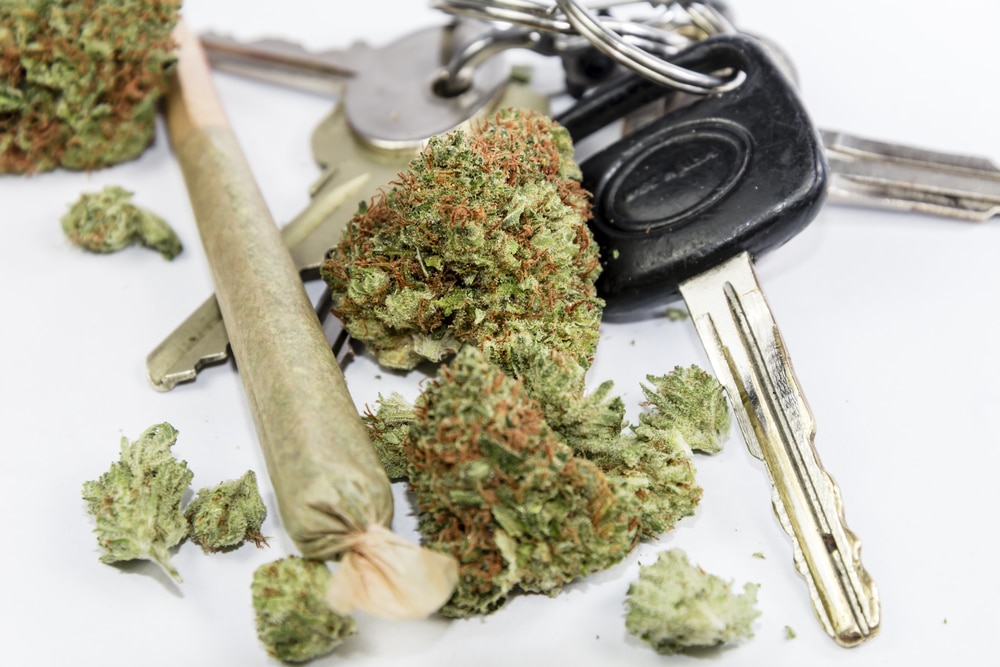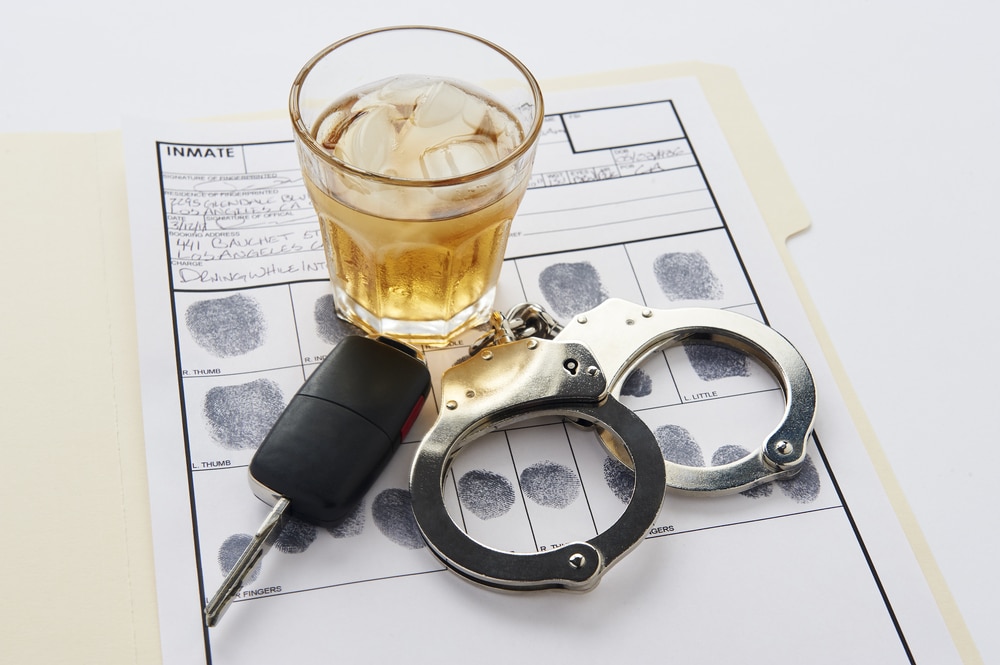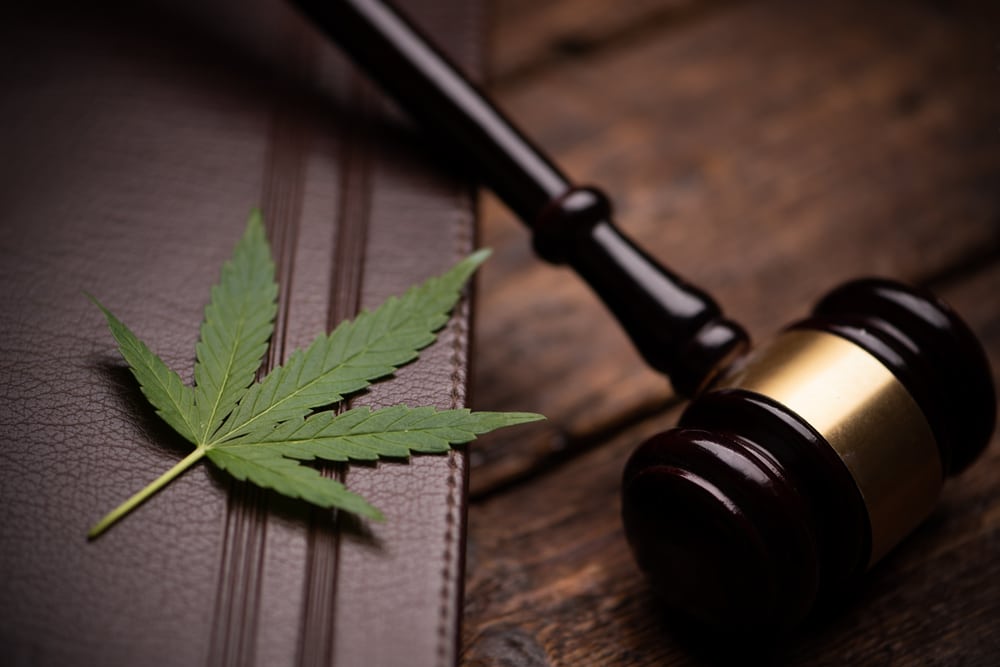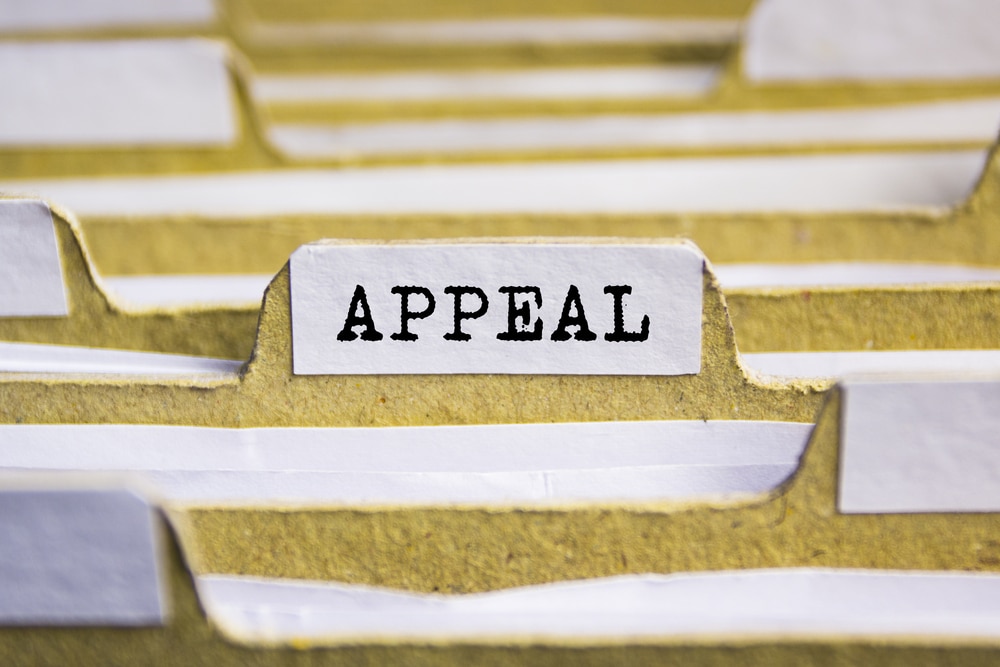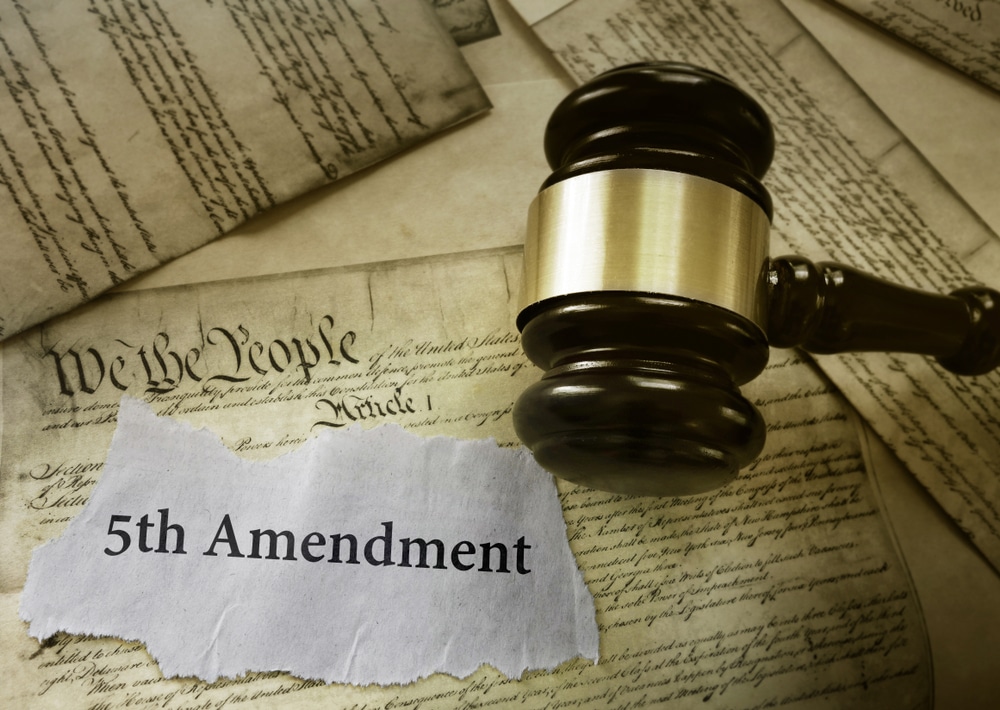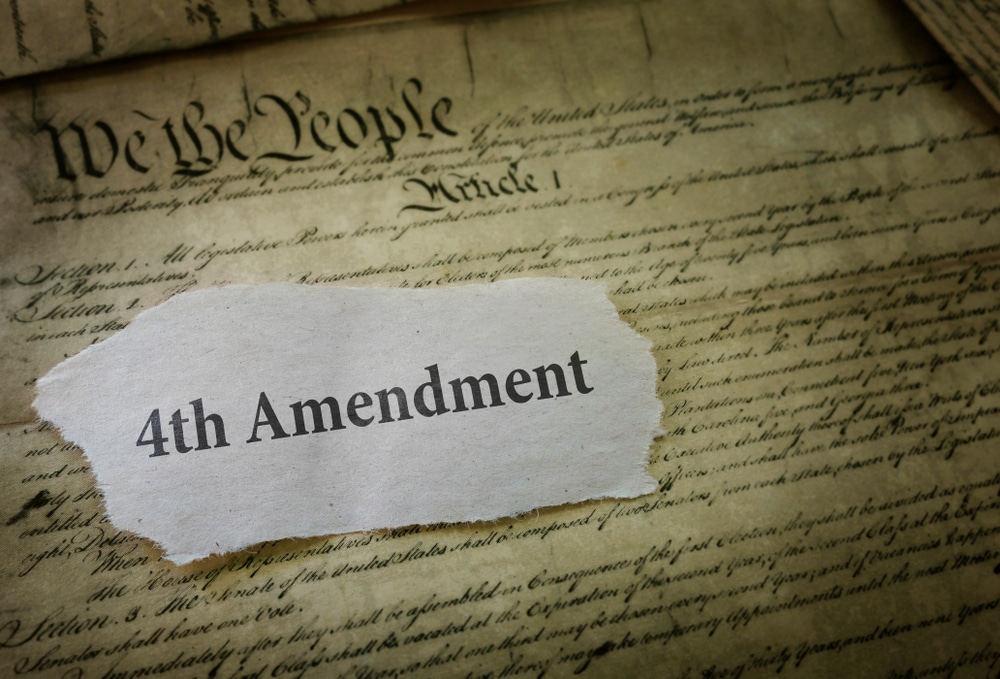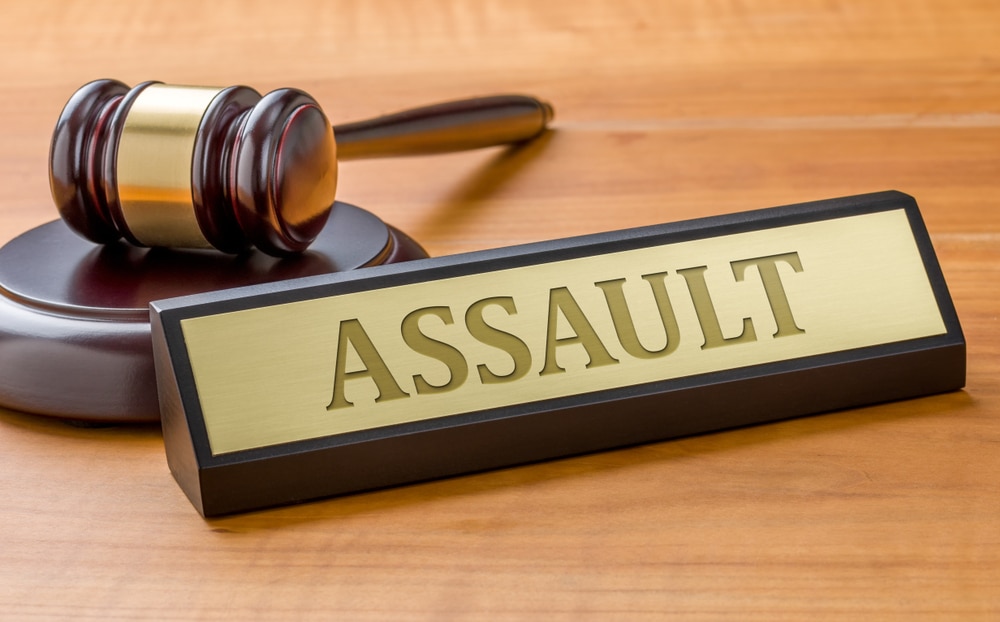Many people are familiar with New York’s strict laws regarding driving under the influence of alcohol. However, it’s critical to be aware that the state also imposes harsh penalties on those who have been found guilty of driving under the influence of marijuana — including steep monetary fines, jail time, and license suspension. In New York, a driver who tests positive for any amount of marijuana in their system or who fails a field sobriety test while under the influence of marijuana can be charged with Driving While Ability Impaired by Drugs.
- There is No Minimum Amount of THC Required for a Marijuana DWAI Charge
Although the law specifies a strict .08% BAC limit for alcohol, it’s crucial to understand that there is no such limit for marijuana. There also isn’t any roadside test that can measure the amount of drugs in one’s system. Any amount of THC with an allegation of impairment would be sufficient to bring DWAI charges.
Notably, marijuana can remain in the system for much longer than alcohol. This means a chemical test could reveal the presence of THC — even if the drug was consumed days or weeks prior — and result in a DWAI charge. In addition, it can take hours for the drug to affect a person after it has been consumed. This can make marijuana DWAI cases particularly complex, and it’s essential to have a skillful attorney who understands the nuances involved in developing an effective marijuana DWAI defense.
- A Second DWAI Charge Can be a Felony
First DWAI offenses are usually treated as misdemeanors. However, a second DWAI within ten years will be treated as a Class E felony. Not only can this result in substantial fines, but an individual convicted of this offense could face up to seven years in jail. The increased penalty also applies if the subsequent offense involved an alcohol DWI charge.
Significantly, it doesn’t matter whether a person has used marijuana recreationally or for medical purposes if they are pulled over for a DWAI. The marijuana DWAI laws apply even if an individual has a prescription for medical use.
- Leandra’s Law Applies to Marijuana DWAIs
Under New York’s Leandra’s Law, a person who operated a motor vehicle under the influence of drugs or alcohol with children under the age of 16 in the car can face heightened penalties. An individual who committed this offense can automatically be charged with a Class E felony, even for a first offense.
The penalties for a Leandra’s Law violation can vary based on the facts and circumstances of the case — if the child is unharmed, and the driver is a first-time offender, they can face four years in jail. A driver can face a Class C felony and up to 15 years jail time if a child is injured due to impairment, and a Class B felony with up to 25 years in jail if a fatality results. The monetary fines for a DWAI conviction where Leandra’s Law applies can range from $1,000 to $5,000.
Contact an Experienced New York DWI/DWAI Attorney
If you’ve been charged with a marijuana DWAI, it’s important to have a knowledgeable criminal defense attorney by your side who can assist you with navigating the legal process and fight for your rights. The attorneys at D’Emilia Law offer high-quality legal representation for those who have been charged with DWIs and DWAIs and work to obtain the best possible outcome for every client. To schedule a consultation, contact us at 1-888-DEMILIA.

